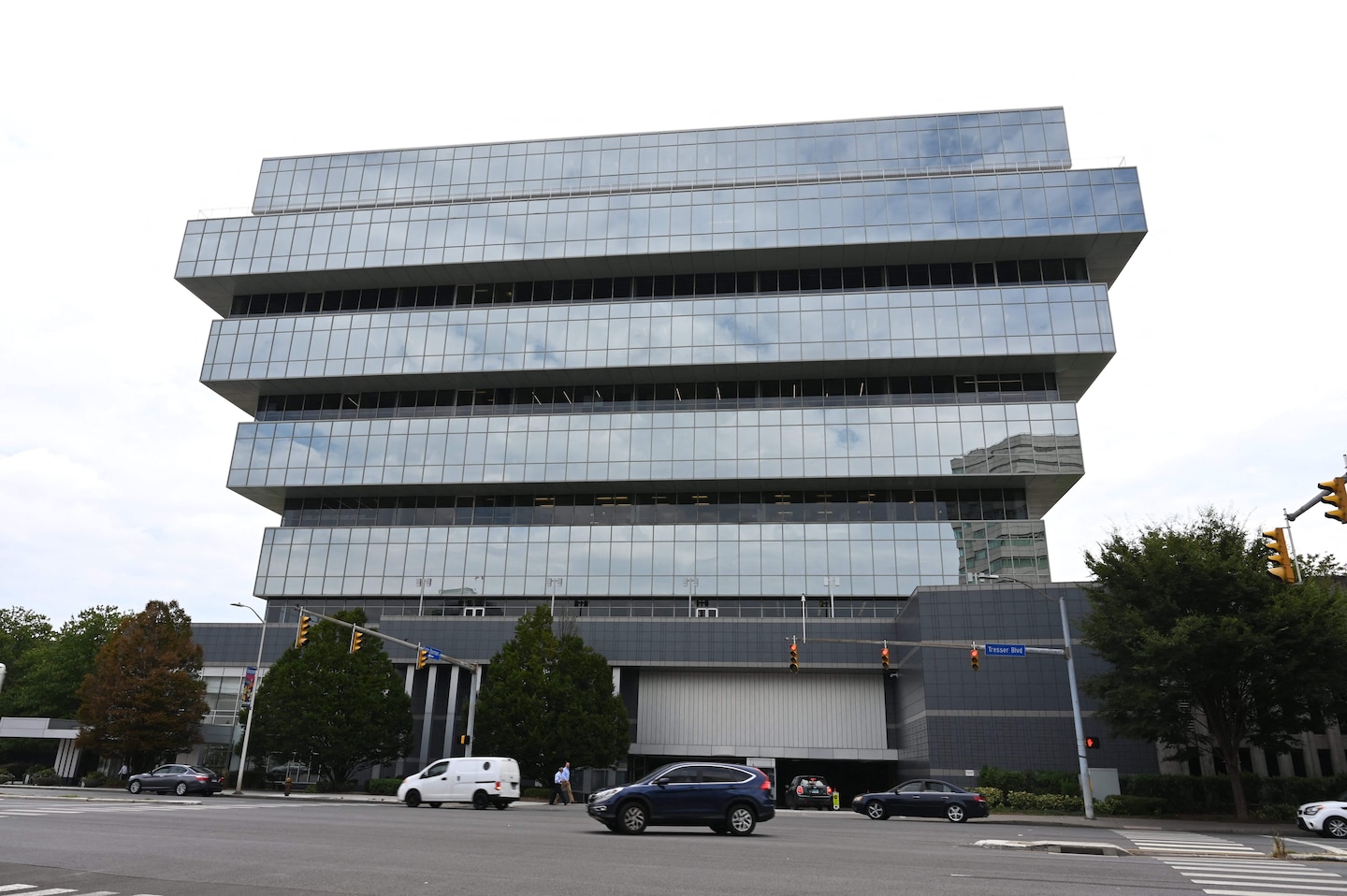Sackler family members to contribute up to $6 billion in latest agreement to resolve opioid claims

As part of the settlement, still subject to the approval of U.S. Bankruptcy Court Judge Robert D. Drain, the Sackler family must accept when institutions or organizations take their names off buildings, programs, scholarships or other things the family funded. Members of the family will attend a hearing Wednesday when victims of the opioid epidemic will be allowed to address the court. The family did not acknowledge wrongdoing or personal responsibility.
“The Sackler families are pleased to have reached a settlement with additional states that will allow very substantial additional resources to reach people and communities in need,” two sides of the family involved in the litigation wrote in a statement included with the deal. “The families have consistently affirmed that settlement is by far the best way to help solve a serious and complex public health crisis.”
The statement continued: “While the families have acted lawfully in all respects, they sincerely regret that OxyContin, a prescription medicine that continues to help people suffering from chronic pain, unexpectedly became part of an opioid crisis that has brought grief and loss to far too many families and communities,” they continued.
In a statement, Purdue said it is “pleased” with the deal.
“We’re pleased with the settlement achieved in mediation, under which all of the additional settlement funds will be used for opioid abatement programs, overdose rescue medicines, and victims,” the statement said. “With this mediation result, we continue on track to proceed through the appeals process on an expedited schedule, and we hope to swiftly deliver these resources.”
Individual victims of the opioid crisis are to share a $750 million fund, a slice of the deal that remained unchanged during recent negotiations.
A collection of documents detailing the inner workings of the company at the height of the pain pill crisis would be made available to the public, according to the terms.
Families of victims and tens of thousands of governments representing cities, counties and states allege that Purdue Pharma fueled the opioid crisis with OxyContin, which was introduced in 1996. They claim that the company created a marketing strategy adopted by the industry to downplay their opioids’ addictive potential, encouraging doctors through third-party groups to treat pain. The family and company have denied wrongdoing.
The company pleaded guilty in November 2020 to conspiracies to defraud the United States and violate the anti-kickback statute after a Justice Department investigation into its marketing of opioids.
A plan that was previously approved by Drain would have granted civil immunity to the Sacklers and their various businesses and affiliates. That deal was overturned by a federal judge in December, after those who opposed the framework said the court could not greenlight granting protection to the Sackler family without them declaring bankruptcy or contributing more funds.
Mediation over the new settlement spanned two months.
“Five months ago, Connecticut said no to a Purdue bankruptcy plan that allowed the Sackler family to purchase lifetime legal immunity without so much as an apology,” Connecticut Attorney General William Tong said in a statement. “After months of negotiation and consultation with victims and their families, Connecticut has forced Purdue Pharma and the Sacklers to pay a $6 billion settlement and apologize in dollars, words, and actions.”
The bankruptcy plan comes amid a national reckoning over the opioid epidemic, which has killed hundreds of thousands of Americans. Thousands of communities have fought drug companies in courthouses across the country, including in sprawling national litigation. Some of the largest firms have reached key agreements recently, marking the beginning of the end of the legal battle.
Johnson & Johnson finalized a national agreement to contribute up to $5 billion to resolve a vast majority of the cases against it. The nation’s three largest drug distributors — AmerisourceBergen, Cardinal Health and McKesson — signed off on paying up to $21 billion.
Meanwhile, upcoming trial dates approach for major pharmacies and other companies that have not settled. A federal judge has not yet issued a ruling in a bellwether trial in West Virginia over drug distributors’ role in the flood of pills that inundated a rural community.
The mediator recommended that Drain “set aside substantial time during the hearing” for victims to speak to the court and that at least one member from each of the two branches of the family who own the company attend. The third branch of the family, descendants of Arthur Sackler, was not involved in the litigation — he sold his shares of the company before OxyContin’s introduction.
Ed Bisch, whose 18-year-old son Eddie died in 2001 from an OxyContin overdose, said he plans to apply to be one of the people who address the court and the Sacklers on Wednesday. Bisch said he hopes to tell them that they should be in criminal court, not bankruptcy court.
“Unfortunately, this is Zoom,” Bisch said, “because I would love to look them in their faces.”






